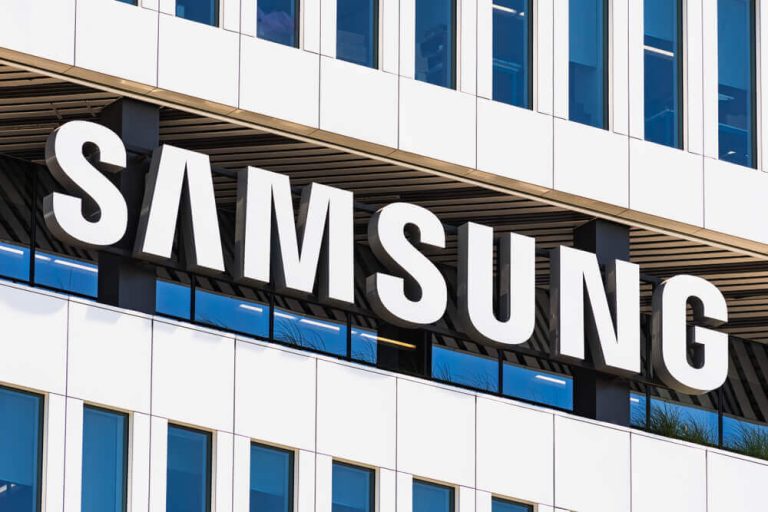quick look
- Samsung is gaining traction in the AI semiconductor industry and is poised to lead with its NAND memory.
- Analysts upgrade Samsung's forecasts, anticipating benefits from demand for artificial intelligence and a recovering memory market.
- Samsung's potential collaboration with Nvidia on HBM could challenge SK Hynix's dominance.
- SSDs, favored by AI due to their speed, highlight Samsung's strategic position in AI applications.
- Industry consensus sees Samsung's value rising 17%, representing a strategic shift towards artificial intelligence.
Artificial intelligence (AI) has emerged as a pivotal driver of demand in the rapidly evolving world of technology, especially in the semiconductor industry. Samsung Electronics, a global technology powerhouse, is poised to outpace its rivals and capitalize on the new optimism surrounding its artificial intelligence strategy. Historically, the company has been a latecomer to the rise in semiconductor stocks, and is now poised to lead the pack. The increase in AI applications should increase demand for NAND memory. This is Samsung's strength area. In addition, there is demand for high-bandwidth memory (HBM), an area dominated by SK Hynix Inc. Consequently, this shift led a wave of analysts to revise their price targets for Samsung upwards. They are aware of the surge in demand caused by artificial intelligence and the emerging signs of recovery in demand for memory.
Investment strategies are being reorganized in favor of the company, as fund managers are turning towards Samsung, which is listed on the Seoul Stock Exchange, betting on its potential rise. Despite Nvidia Corp's remarkable tripling and SK Hynix's doubling in value over the past year, the company's relatively modest 32% gain is now seen as a harbinger of untapped potential. In addition, they began to reduce their stake in SK Hynix and reallocate these resources to other memory chip value chain segments that did not see much benefit, such as Samsung Electronics. They believe that the potential gains in these areas have not yet been fully realized.
Endorsing artificial intelligence and strategic positioning
A pivotal moment for Samsung's AI project came with an endorsement by Nvidia CEO Jensen Huang in March. It raises speculation about an imminent HBM supply agreement between the two tech giants. Such a deal could significantly enhance Samsung's competitive advantage against SK Hynix, which commands a staggering 90% share of the advanced HBM market. This development, along with a recent report by Citigroup Inc. By analyst Peter Lee, he highlighted the upcoming “replacement cycle”, as solid-state drives (SSDs), powered by NAND memory, are poised to replace traditional hard disk drives (HDDs). ) in artificial intelligence applications. Contrary to market sentiment, Lee asserts, “our new conclusion is that SSD will be part of AI.”
The Way Forward: The Rise of Samsung
Industry analysts collectively agree on Samsung's imminent rise. They expect a 17% increase in the company's valuation. Moreover, Samsung's dive into AI marks the beginning of a new chapter for the tech giant. The company will power the next generation of SSDs for AI applications. Therefore, with the transformation of the semiconductor industry, Samsung is at the forefront. Its proactive approach to AI technology and its impacts on memory demand gives it a strategic advantage.
Moreover, Samsung's pivotal moment in semiconductors goes beyond simply adapting to AI trends. It's about transforming the industry. The company's deep knowledge of NAND technology and potential entry into the HBM supply chain positions it for significant growth. Therefore, Samsung has become an attractive option for investors. It is establishing itself as a major force in the technological revolution driven by artificial intelligence.

